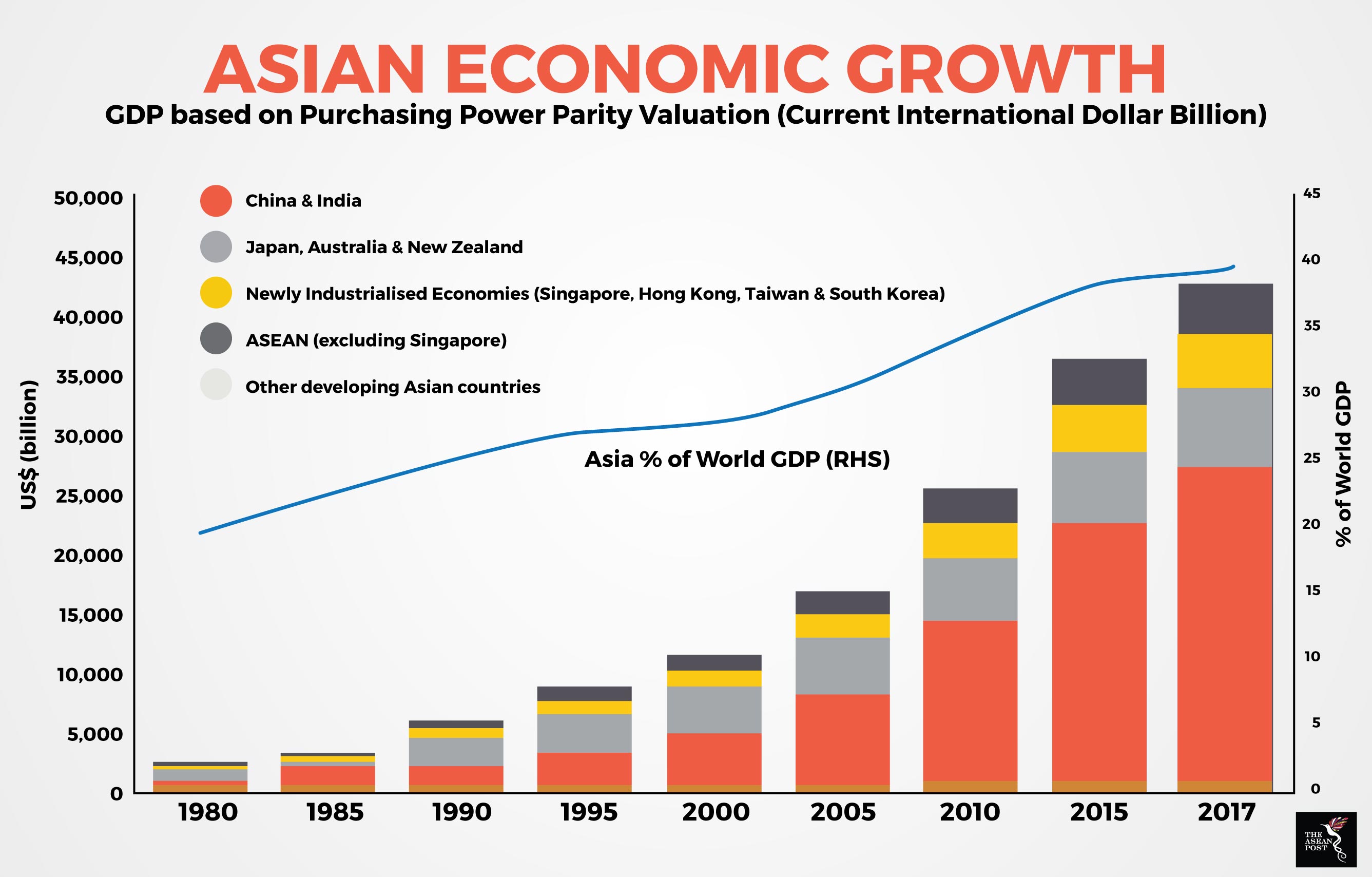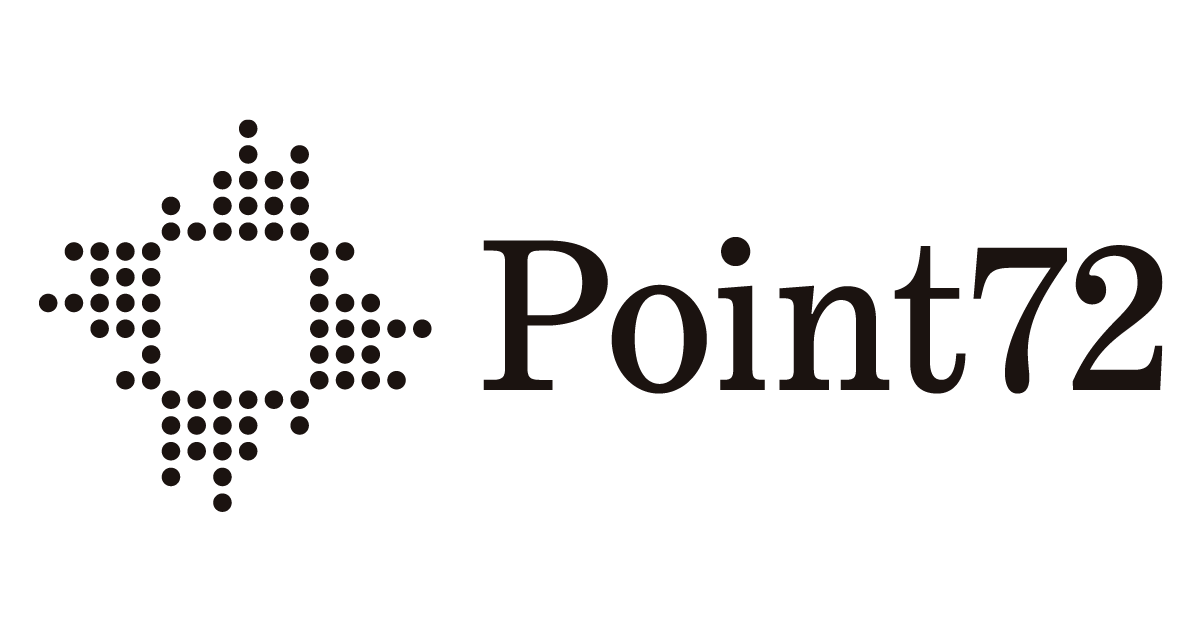The American Battleground: Exposing Corruption And Power Plays Of The World's Richest

Table of Contents
The Role of Super PACs and Dark Money in American Politics
The rise of Super PACs and the proliferation of dark money have fundamentally altered the dynamics of American politics, creating an uneven playing field where the wealthy hold disproportionate sway.
Understanding Super PACs
Super PACs (Super Political Action Committees) are independent political committees that can raise and spend unlimited amounts of money to support or oppose candidates. Unlike traditional PACs, they cannot directly contribute to candidates' campaigns but can engage in independent expenditures, such as running ads and organizing rallies.
- Unlimited spending: This allows wealthy donors to exert enormous influence on elections.
- Lack of transparency: While Super PACs must disclose their donors, loopholes often allow for a degree of anonymity.
- Influence on political narratives: Super PACs shape public opinion through targeted advertising campaigns, often framing issues in ways favorable to their donors.
- Examples of influential Super PACs: Groups like Crossroads GPS and Priorities USA Action have demonstrated the immense power of Super PACs in recent elections.
The Enigma of Dark Money
Dark money refers to political spending where the source of the funds is not disclosed or is difficult to trace. This lack of transparency undermines accountability and allows special interests to exert undue influence without public scrutiny.
- 501(c)(4) organizations: These non-profit organizations can engage in political activities while keeping their donors secret.
- Shell corporations: Complex corporate structures are used to obscure the true source of political donations.
- Difficulty in tracking donations: The labyrinthine nature of dark money makes it extremely challenging to identify the individuals and entities behind the spending.
- Consequences for accountability: The lack of transparency makes it difficult to hold those responsible for political spending accountable for their actions.
The Impact on Policy
The influx of dark money and Super PAC spending significantly shapes legislative outcomes. Well-funded lobbying efforts and targeted advertising campaigns can influence the passage or defeat of crucial bills.
- Lobbying efforts: Super PACs often fund lobbying campaigns to influence legislators.
- Influence on specific bills: Legislation impacting areas like tax policy, environmental regulations, and healthcare is often heavily influenced by dark money.
- Examples of legislation influenced by dark money: Research into specific pieces of legislation reveals clear connections between large political donations and favorable legislative outcomes.
Lobbying and the Revolving Door
Lobbying, the act of attempting to influence government policy on behalf of a special interest, is a powerful tool wielded by wealthy individuals and corporations. The "revolving door" phenomenon exacerbates the problem.
The Power of Lobbyists
Lobbyists use various strategies to influence policymakers, leveraging their access, expertise, and campaign contributions.
- Direct lobbying: Lobbyists meet directly with legislators and their staff to advocate for their clients' interests.
- Indirect lobbying (grassroots mobilization): Lobbyists organize grassroots campaigns to put pressure on legislators.
- Access to policymakers: Wealthy individuals and corporations often have privileged access to policymakers through exclusive events and personal connections.
- Campaign donations: Donations to political campaigns provide access and influence.
The Revolving Door Phenomenon
The revolving door refers to the movement of individuals between government positions and lobbying firms. This creates significant conflicts of interest and potential for corruption.
- Conflicts of interest: Former government officials often use their insider knowledge to benefit their new lobbying clients.
- Potential for corruption: The revolving door can facilitate quid pro quo exchanges between lobbyists and former government colleagues.
- Examples of revolving door appointments: Numerous examples exist of individuals transitioning between government service and lucrative lobbying positions, highlighting the ethical concerns.
Consequences for Public Policy
Lobbying and the revolving door contribute to policies that favor special interests over the public good.
- Regulations favoring special interests: Regulations are often shaped to benefit wealthy corporations and individuals, rather than the public interest.
- Lack of transparency: The opaque nature of lobbying makes it difficult to assess the true impact of special interest influence.
- Erosion of public trust: The revolving door and excessive lobbying contribute to cynicism and distrust in government.
Tax Avoidance and Evasion by the Ultra-Wealthy
The ultra-wealthy employ sophisticated strategies to minimize their tax burden, often exploiting loopholes and utilizing offshore tax havens.
Loopholes and Tax Havens
Tax avoidance involves using legal loopholes to minimize tax liability, while tax evasion is illegal. Both contribute to wealth inequality.
- Offshore accounts: Many wealthy individuals utilize offshore accounts in tax havens to shield assets from taxation.
- Tax havens (e.g., Cayman Islands, Bermuda): These jurisdictions offer favorable tax laws, attracting significant wealth.
- Loopholes in tax codes: Complex tax codes often contain loopholes that allow the wealthy to reduce their tax liability legally.
Impact on Public Services
Tax avoidance by the wealthy reduces government revenue, impacting funding for crucial public services.
- Reduced funding for education: Less funding leads to under-resourced schools and unequal educational opportunities.
- Healthcare: Cuts to healthcare funding negatively impact access to healthcare for many Americans.
- Infrastructure: A lack of investment in infrastructure leads to deteriorating roads, bridges, and other essential services.
- Increased national debt: Reduced tax revenue contributes to a growing national debt.
The Need for Reform
Addressing tax avoidance requires significant policy changes to promote tax fairness and ensure everyone pays their fair share.
- Closing tax loopholes: Simplifying the tax code and eliminating loopholes would increase tax revenue.
- Increased transparency: Greater transparency in financial reporting would help identify and address tax avoidance strategies.
- International cooperation on tax enforcement: International cooperation is essential to address the use of offshore tax havens.
Conclusion
The American political system is profoundly influenced by the vast wealth and power of a small elite. The use of Super PACs, dark money, aggressive lobbying, and sophisticated tax avoidance strategies creates a system skewed in favor of the world's richest, potentially at the expense of the broader public good. Addressing this imbalance requires increased transparency, stricter campaign finance regulations, closing tax loopholes, and empowering citizens to hold their elected officials accountable. Only through a concerted effort to reform these deeply entrenched systems can we hope to create a fairer and more equitable American battleground, one where the influence of money is significantly curtailed, allowing the voices of all citizens to be heard. Learn more about how the world's richest exert their influence and fight for a more just and equitable system by exploring resources dedicated to campaign finance reform and investigative journalism focused on American political corruption.

Featured Posts
-
 Ftc To Appeal Microsoft Activision Merger Ruling
Apr 26, 2025
Ftc To Appeal Microsoft Activision Merger Ruling
Apr 26, 2025 -
 Californias Economic Rise Overtaking Japans Gdp
Apr 26, 2025
Californias Economic Rise Overtaking Japans Gdp
Apr 26, 2025 -
 Orlandos Hottest New Restaurants 7 Must Try Spots In 2025
Apr 26, 2025
Orlandos Hottest New Restaurants 7 Must Try Spots In 2025
Apr 26, 2025 -
 Ray Epps Sues Fox News For Defamation Over January 6th Claims
Apr 26, 2025
Ray Epps Sues Fox News For Defamation Over January 6th Claims
Apr 26, 2025 -
 Closure Of Point72s Emerging Markets Trading Unit
Apr 26, 2025
Closure Of Point72s Emerging Markets Trading Unit
Apr 26, 2025
